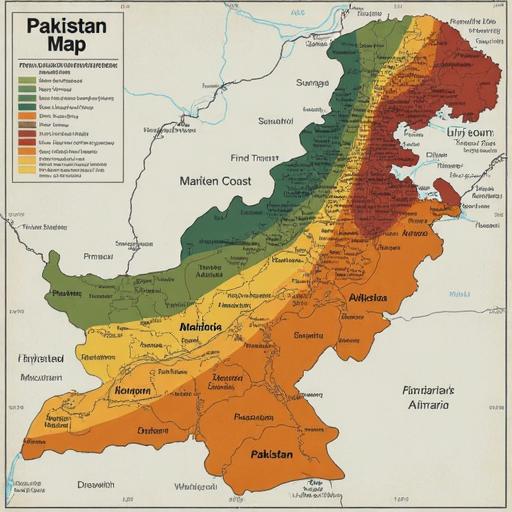Unlocking Pakistan’s Potential: A Comprehensive Guide to Pak E-Services

Unlocking Pakistan’s Potential: A Comprehensive Guide to Pak E-Services
Are you looking to understand the rapidly evolving landscape of e-services in Pakistan? This comprehensive guide delves into the key sectors, highlighting the benefits, challenges, and future prospects of this transformative technological shift.
Pakistan’s digital economy is booming, and e-services are at the heart of this growth. From online businesses to government portals, e-services are streamlining processes, connecting people, and impacting various sectors in Pakistan.
Key Sectors of Pak E-Services
The spectrum of e-services in Pakistan is quite broad. Let’s explore some prominent areas:
- E-commerce: Online retail platforms are gaining immense popularity, offering consumers a vast selection of products and services directly from their homes. This sector fosters competition and expands market reach for both established businesses and startups.
- E-governance: Government portals are playing a vital role in delivering services like online tax payments, passport applications, and various other administrative tasks, making services more accessible and efficient for citizens.
- Financial Technology (Fintech): Mobile payments, online banking, and digital lending platforms are transforming the financial sector, particularly benefiting unbanked and underserved communities.
- Education and Healthcare: E-learning platforms and online consultation services are offering new ways to access quality education and healthcare, bridging geographical gaps and expanding access to these essential services.
Benefits of Pak E-Services
The adoption of e-services brings numerous advantages:
- Increased Accessibility: Services are available 24/7, removing geographic barriers and making them readily available to a wider population.
- Improved Efficiency: Streamlined processes and digital solutions often reduce turnaround times, leading to more effective service delivery.
- Cost Savings: E-services can potentially lower costs for both consumers and providers by minimizing overhead expenses and paper-based processes.
- Economic Growth: The growth of e-commerce and fintech fosters entrepreneurial spirit, creating jobs and driving economic expansion.
Challenges to Pak E-Services
Despite the immense potential, e-services in Pakistan face challenges like:
- Digital Divide: Unequal access to technology and internet connectivity remains a significant hurdle for widespread adoption.
- Cybersecurity Concerns: Protecting sensitive data and transactions from cyber threats is critical for building consumer trust.
- Regulatory Framework: A robust regulatory environment is needed to support the growth of e-services and ensure compliance.
- Infrastructure Limitations: Reliable and affordable internet access, along with robust digital infrastructure, is crucial.
Future Outlook for Pak E-Services
Pakistan’s e-services sector holds immense potential for future growth. Factors like government initiatives, increased digital literacy, and expanding mobile penetration will further bolster development and opportunities.
In conclusion, e-services in Pakistan are reshaping the landscape of various sectors, promising a brighter future for the country’s economy and citizens. This ever-evolving space requires ongoing attention and investment to tackle challenges and reap its full potential. Stay tuned for more insights on navigating this burgeoning sector.